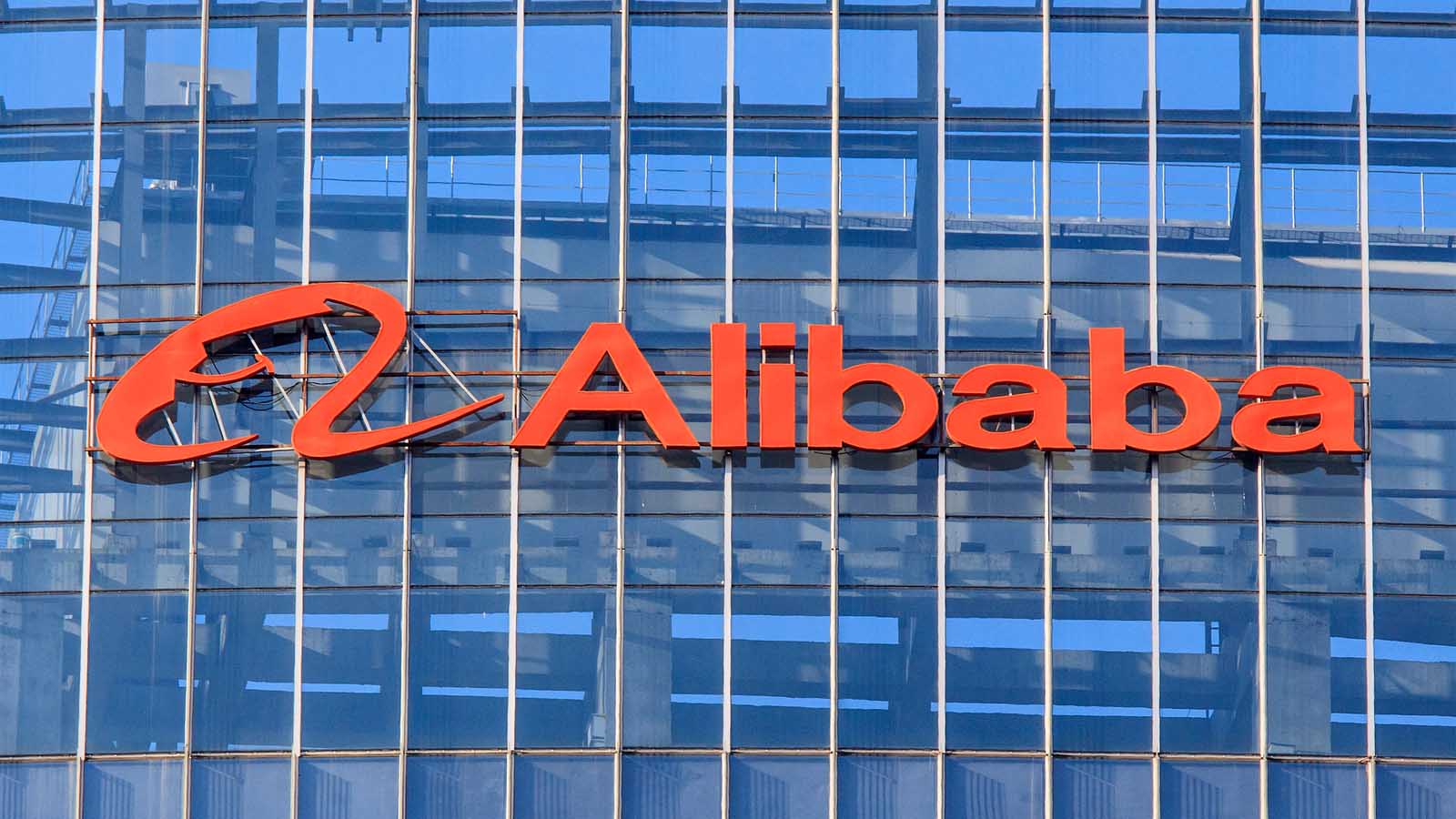I first invested in Alibaba (NYSE:BABA) stock back in late 2015 at a price of $68 per share.

At the time, my thesis was extremely simple. E-commerce is the future of retail. Amazon (NASDAQ:AMZN) is the e-commerce leader in the U.S. market. AMZN stock has been an incredible long-term investment.
Alibaba is the Chinese e-commerce market leader. China is much bigger than the U.S. market. It is growing much faster. And the Chinese government has historically protected its domestic companies from foreign competition.
When I bought BABA stock, it seemed like a no-brainer for any long-term investor. Today, I am forced to admit for the first time that BABA stock is no longer a no-brainer.
The long-term upside in the stock is higher than ever. But BABA stock has become an extremely high-risk, speculative investment.
BABA Stock Vs. Alibaba’s Business
Back in 2015, my thesis for BABA stock was that it would grow faster and larger than Amazon over time. In addition to e-commerce, Alibaba subsequently took a major first-mover advantage in cloud services in China as well, once again following the Amazon blueprint that has worked so well for investors.
So far, Alibaba’s growth story has played out better than even the most bullish 2015 bull could have expected. Since I bought the stock in August 2015, Alibaba’s revenue is up 668%.
For perspective, Amazon’s revenue is up 316% in that same time, which is extremely impressive in its own right. Alibaba reported $23.4 billion in net income for the 12 months ending Dec. 31, 2020. Amazon reported $21.3 billion in net income in 2020.
In the most recent quarter, Amazon reported 43.8% revenue growth. Alibaba reported 63.9% revenue growth. You get the picture. If you had told me back in 2015 Alibaba would continue to put up numbers outpacing Amazon for more than five years, and AMZN stock would be up 613% during that time, I would have been thrilled.
I would have assumed if Alibaba had doubled Amazon’s growth numbers, BABA stock would have doubled Amazon’s 613% gain.
Instead, the exact opposite has happened. BABA stock is up just 198% in that stretch, less than a third of the overall return of AMZN stock.

Why has BABA stock lagged Amazon so much? It’s primarily because the Chinese Communist Party that I always assumed would have Alibaba’s back as it represents China on the world stage has turned from friend to enemy.
Chinese Tech Crackdown
The entire time Donald Trump was president, he was waging a trade war against China. I told BABA stock investors to just ride out the storm. Trump wouldn’t be president forever.
But now that Trump is out of office, it’s the Chinese government that is waging war on Alibaba.
It started with Alibaba founder Jack Ma publicly criticizing Chinese regulators for stifling innovation. In response, Chinese regulators immediately turned around and stifled Alibaba’s innovation.
They suspended the initial public offering of Alibaba affiliate Ant Group, and Ma disappeared from public life for weeks. In April, regulators followed up by fining Alibaba $2.8 billion for antitrust violations.
In early July, China announced a cybersecurity investigation into Didi Global (NYSE:DIDI) less than a week after its U.S. IPO. It also removed the Didi app from major app stores in China. DIDI stock crashed, and U.S. investors saw the ban as a slap in the face due to its timing.
To add insult to injury, China subsequently hit six Alibaba subsidiaries with another round of antitrust fines. The latest efforts are part of a broader effort by the CCP to reign in Chinese tech companies.
How to Play It
Alibaba’s business is bigger and better than ever, growing much faster than Amazon’s. But those numbers no longer matter most for BABA stock investors. What matters most is how much and how long China will cripple its own tech giants on the world stage.
This crackdown is clearly about power. Maybe China sees how much power U.S. billionaire tech CEOs like Elon Musk, Jeff Bezos and Mark Zuckerberg have acquired in the U.S.
Whatever the reason, the CCP is flexing its muscle and bending these companies to their will. The great irony is that global investors are watching this play out and taking note, especially after what happened with Didi.
“You’re a moron if you buy a Chinese deal after this. You’re a moron. I don’t care if it pops,” CNBC analyst Jim Cramer said following the Didi debacle.
As a long-time BABA stock bull, even I must admit at this point that the CCP has turned a great company into an extremely risky investment. I’m still long BABA stock and hoping for the best.
But at this point, BABA stock is no longer an investment in a blue-chip, e-commerce and cloud computing company. It’s more like a gamble on a biotech stock with a promising early-stage drug candidate. BABA stock has massive long-term potential given its mindboggling numbers, but it will only ever be as successful as China allows it to be.
On the date of publication, Wayne Duggan held a long position in BABA. The opinions expressed in this article are those of the writer, subject to the InvestorPlace.com Publishing Guidelines.
Wayne Duggan has been a U.S. News & World Report Investing contributor since 2016 and is a staff writer at Benzinga, where he has written more than 7,000 articles. Mr. Duggan is the author of the book “Beating Wall Street With Common Sense,” which focuses on investing psychology and practical strategies to outperform the stock market.
